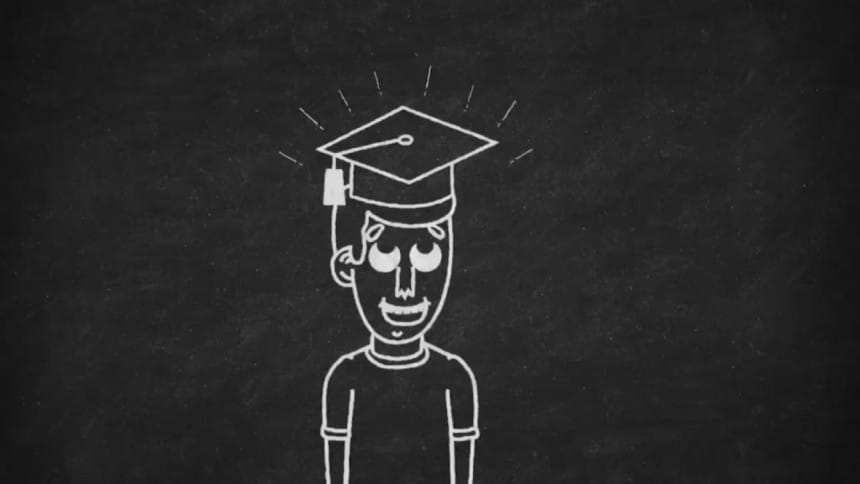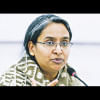No uniform admission process as yet

It has been seven years since a decision was taken to introduce a uniform admission test system for public universities. During this time, the number of students has increased manifold, and with that the competition for the scarce university seats that are available. These students, in trying to ensure admission to these institutions, are forced to sit for exams held across the country in a span of a few days. This is an almost inhumane task for the students and parents who have to go from say Dhaka to Chittagong to sit for the examinations on consecutive days. The costs in terms of time and money are significant and a burden for many families.
Yet, in all these years the introduction of the centralised exam has not come to fruition, despite apparent goodwill from the University Grants Commission (UGC). The issue, as highlighted by a recent report, seems to be the opposition of the university authorities to the "cluster system" admission exams which would entail one centralised exam for the science and technology universities and another for a the agriculture universities. And the reason for this opposition is too base to be believable: if UGC officials are to be believed, the resistance is due to the fact that the system would take away from the income of universities and teachers which now come from the admission form sales, invigilation and checking of answer scripts!
The number of students seeking higher education in the country is increasing every year and the need for a better admission process is not lost on anyone. But, if public universities are driven by money-making motives, at the expense of student's interest, then our hopes of a better higher education system will remain a distant dream.

 For all latest news, follow The Daily Star's Google News channel.
For all latest news, follow The Daily Star's Google News channel. 







Comments